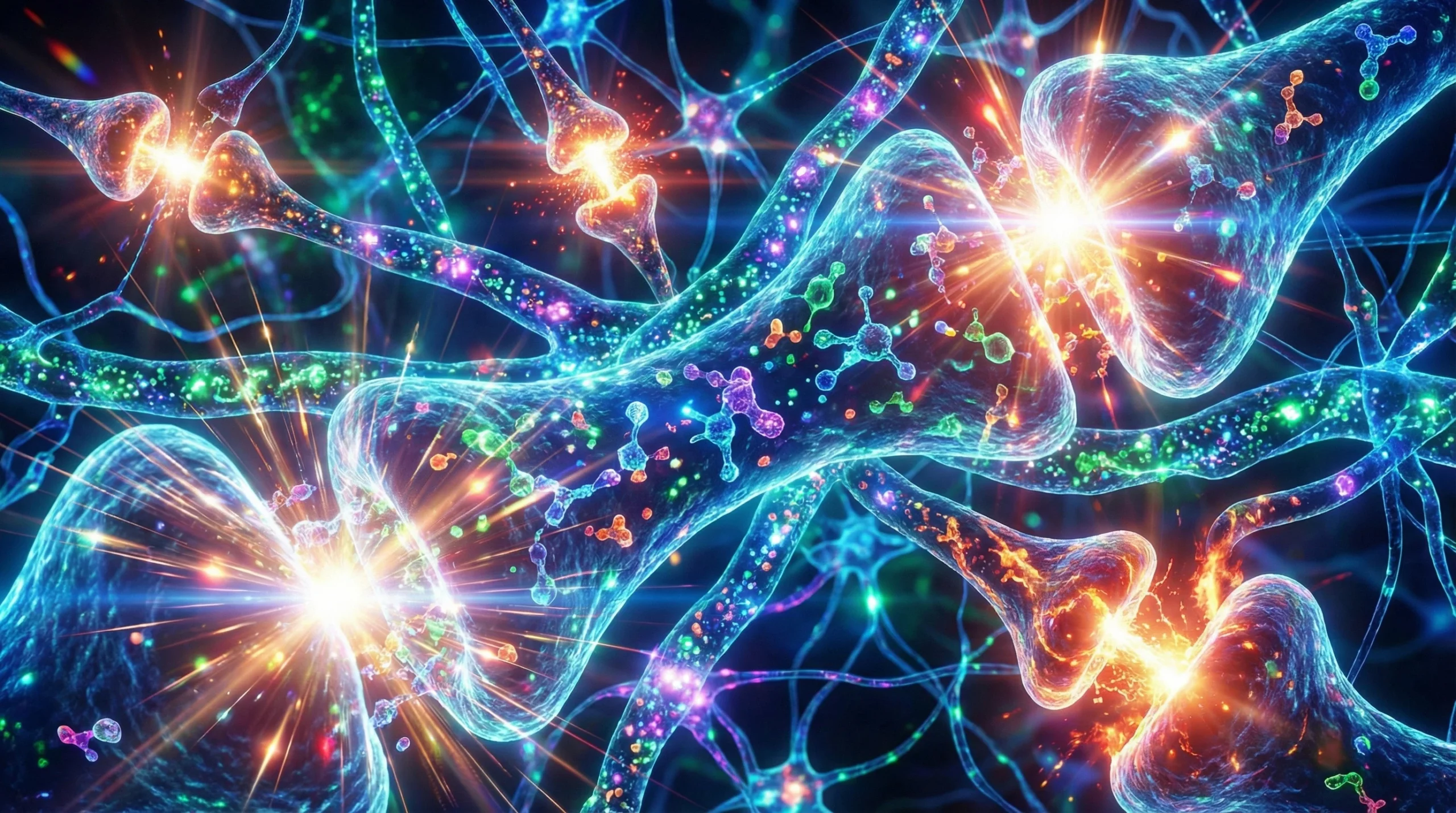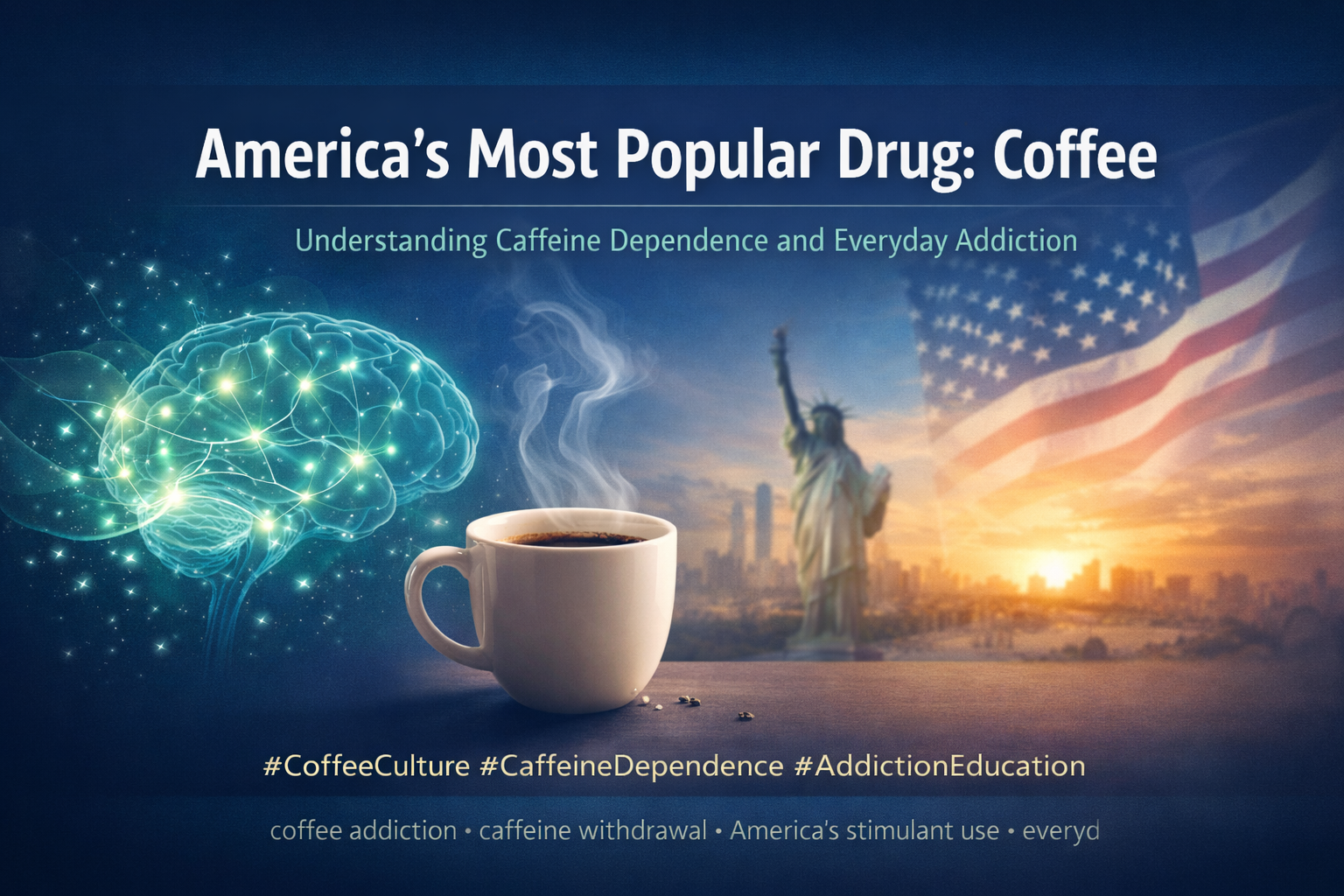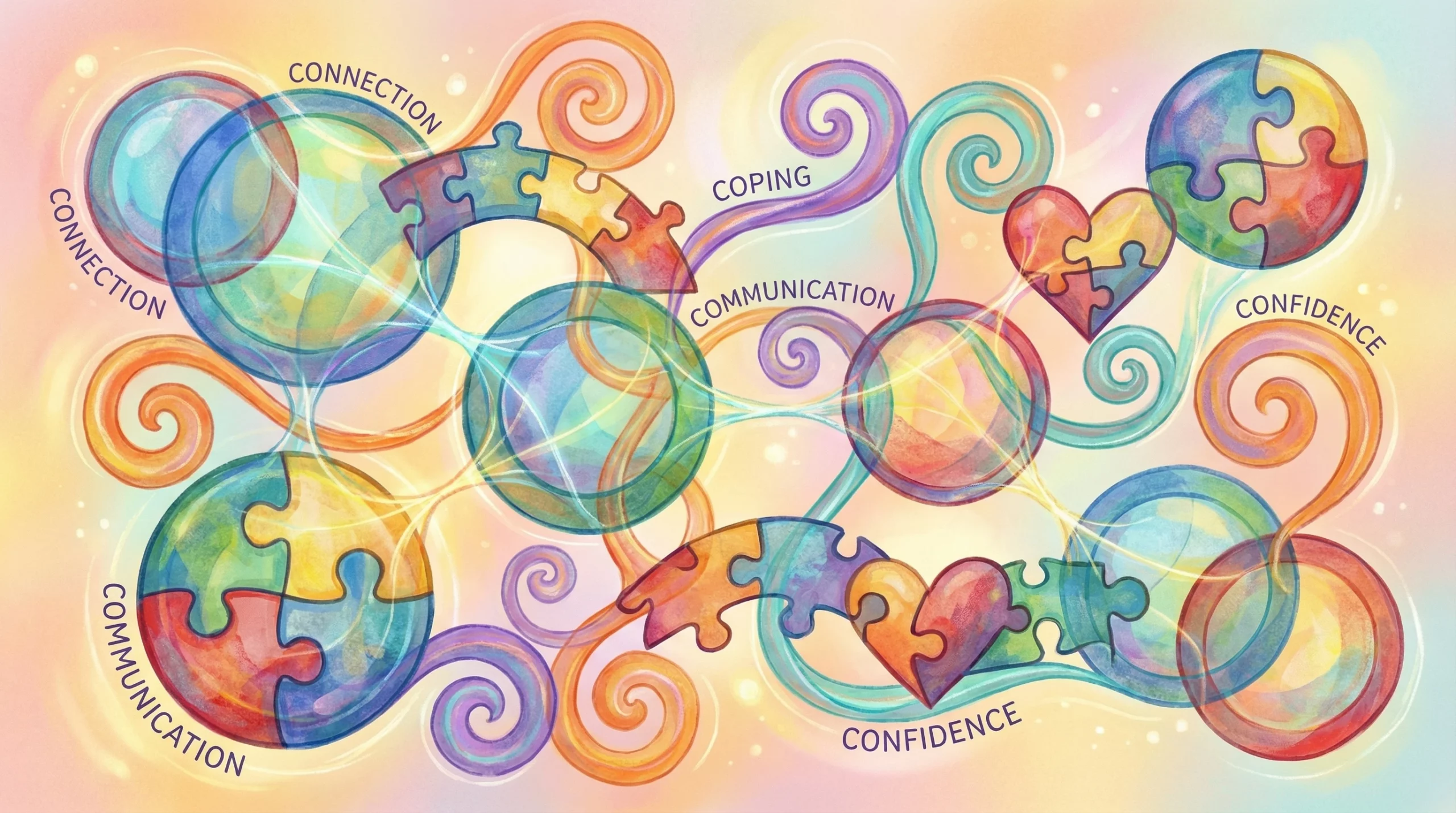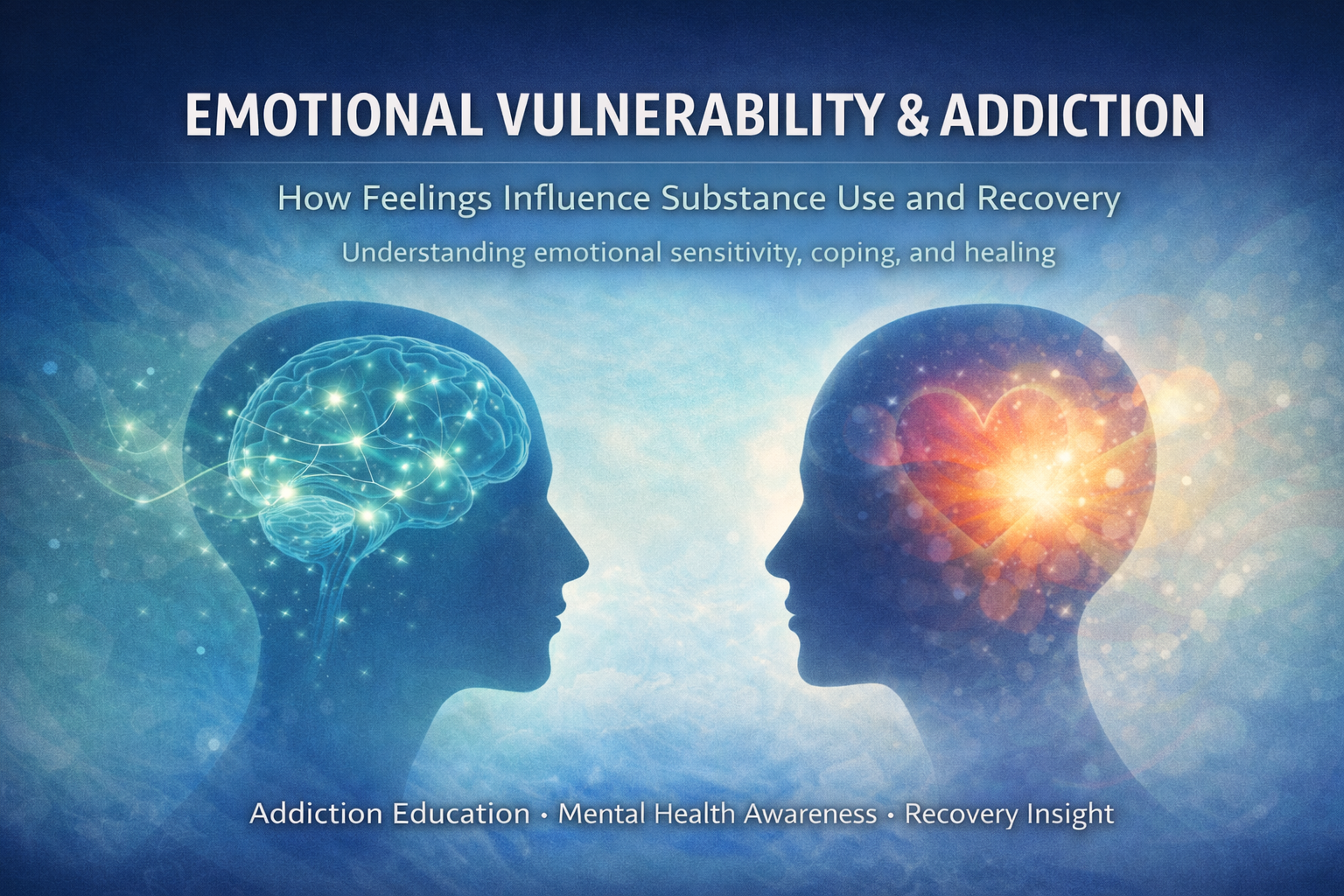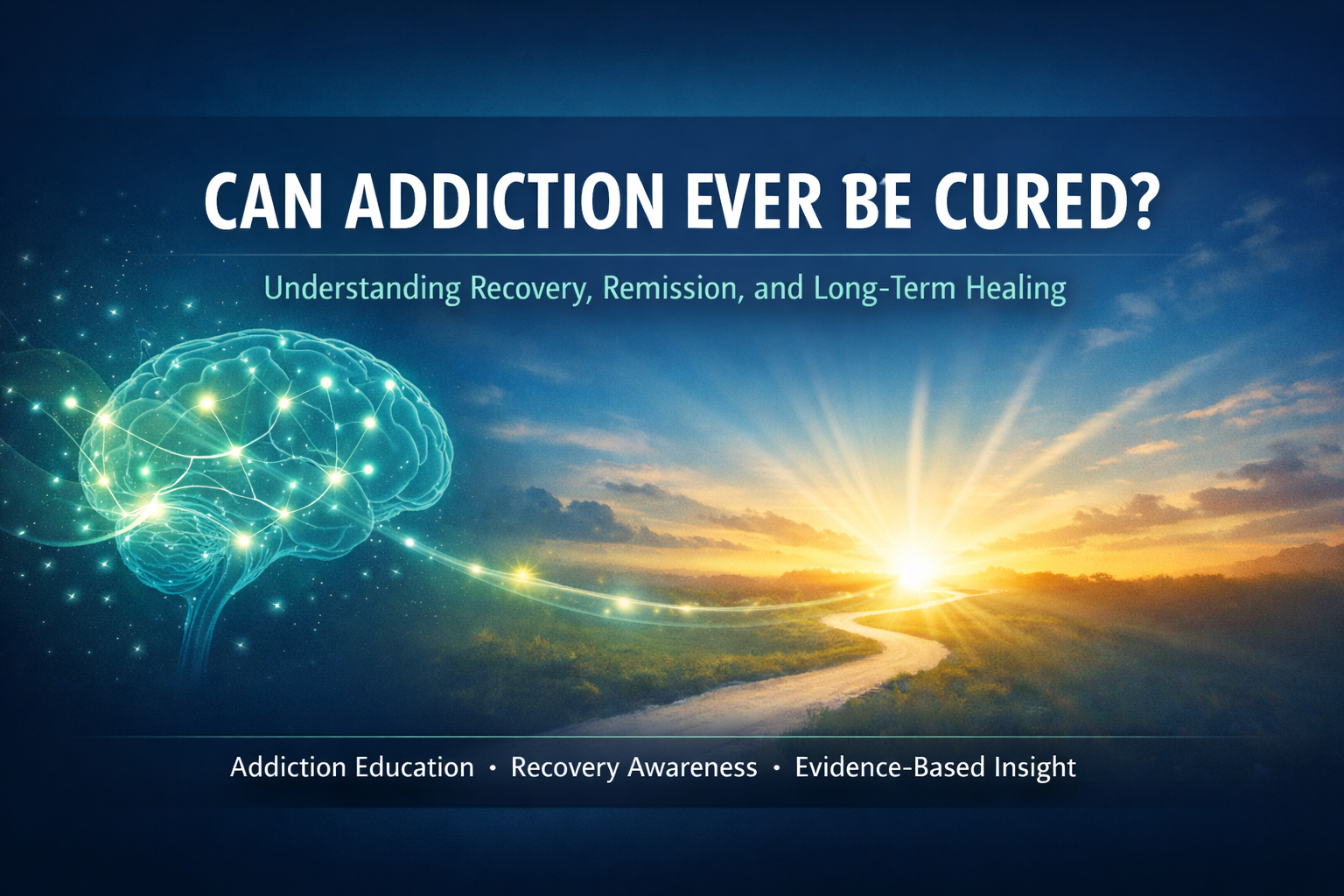Top Dopamine-Releasing Drug
Dopamine is a brain chemical that gets talked about a lot, and for good reason. It’s deeply involved in our motivation, pleasure, focus, and even movement. Whenever someone brings up the idea of a drug that “releases the most dopamine,” it’s clear they’re curious about what really gets those reward circuits firing in the brain. … Read more
